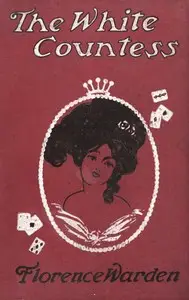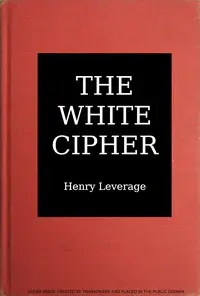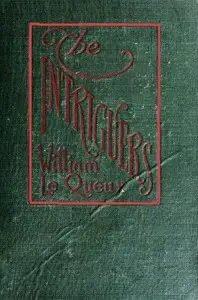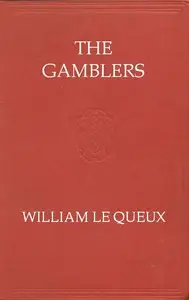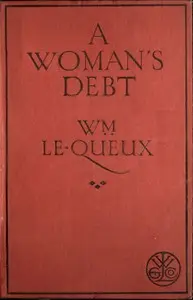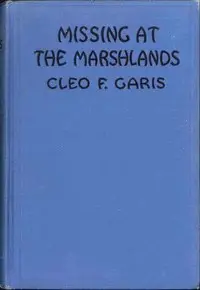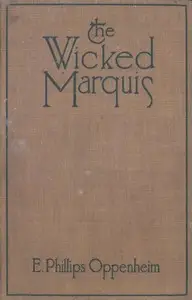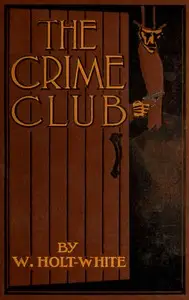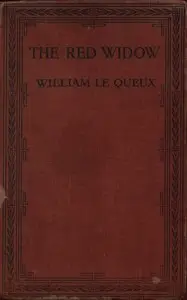"The White Lie" by William Le Queux is a gripping story set in the early 20th century that unveils the puzzling death of Richard Harborne, a retired naval officer, whose life was full of ambiguity. Lieutenant Noel Barclay, from the Naval Flying Corps, takes on a journey to reveal the mysteries behind Harborne’s death while experiencing secrets, deceit, and unexpected love along the way. During the start of the book, the readers discover the questionable circumstances surrounding Richard Harborne’s death, found under strange events after being seen with an unknown woman. Lieutenant Barclay talks with a local landowner about Harborne’s secretive life, suggesting a possible conspiracy. As the investigation goes forward, Barclay finds out that Harborne had a bold and uncertain life throughout Europe before his early death. This beginning chapter serves as a thrilling exploration of mystery and romance, merging personal relationships with societal issues during the World War era.

The White Lie
By William Le Queux
In a time of global conflict, a naval officer's investigation into a mysterious death unearths a world of hidden truths, romantic entanglements, and potential betrayal.
Summary
About the AuthorWilliam Tufnell Le Queux was an Anglo-French journalist and writer. He was also a diplomat, a traveller, a flying buff who officiated at the first British air meeting at Doncaster in 1909, and a wireless pioneer who broadcast music from his own station long before radio was generally available; his claims regarding his own abilities and exploits, however, were usually exaggerated. His best-known works are the anti-French and anti-Russian invasion fantasy The Great War in England in 1897 (1894) and the anti-German invasion fantasy The Invasion of 1910 (1906), the latter becoming a bestseller.
William Tufnell Le Queux was an Anglo-French journalist and writer. He was also a diplomat, a traveller, a flying buff who officiated at the first British air meeting at Doncaster in 1909, and a wireless pioneer who broadcast music from his own station long before radio was generally available; his claims regarding his own abilities and exploits, however, were usually exaggerated. His best-known works are the anti-French and anti-Russian invasion fantasy The Great War in England in 1897 (1894) and the anti-German invasion fantasy The Invasion of 1910 (1906), the latter becoming a bestseller.



